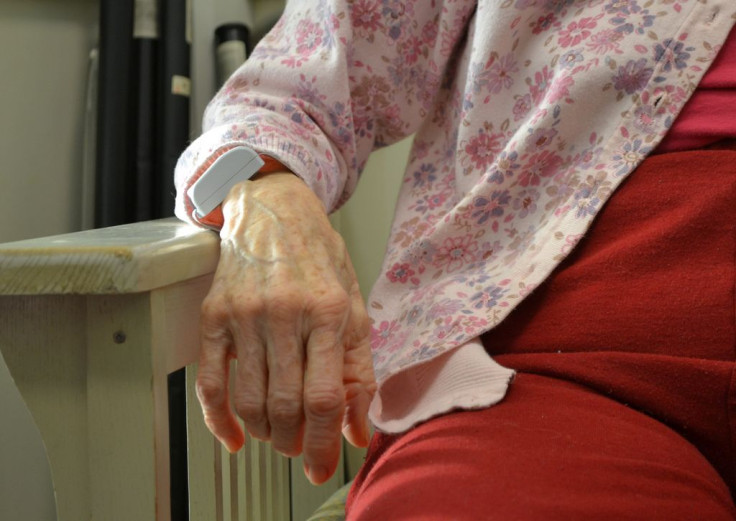New Alzheimer's Test Covered By Medicare And Medicaid Only If Patients Participate In Clinical Trials

Alzheimer's disease affects five million Americans and 38 million people worldwide each year. It is characterized as a neurodegenerative disease that causes dementia, forgetfulness, and significant memory loss. There is no cure for this disorder, and management of symptoms is often achieved by lifestyle changes that allow one to rely more on others for care.
In 2011, Eli Lilly and Co, a pharmaceutical company, developed a test to identify the presence of Alzheimer's-related proteins in the brains of potential Alzheimer's patients. This test, called Amyvid, targets proteins called amyloids. Amyloids form as a part of the neurodegeneration that is characteristic of Alzheimer's disease. The protein is known to play a role in the worsening of Alzheimer's disease, as the proteins accumulate as the symptoms worsen. Amyvid works to mark amyloids so that brain scans can identify whether a patient has the protein accumulations characteristic of the disease.
However, according to Shirley S. Wang of the Wall Street Journal, "The imaging agent can't be used to diagnose someone with Alzheimer's disease if the individual doesn't experience memory impairment because the presence of amyloid in the brain doesn't alone suggest that someone has Alzheimer's." Wang also notes that 20 percent of older adults without Alzheimer's disease have amyloids built up in their brains.
As a result of this degree of uncertainty, health insurance companies have decided to place regulations on the test and not cover it unless patients agree to participate in clinical trials for the test. Reuters reports that both Lilly and the Alzheimer's Association have released statements expressing disappointment with the decision by the U.S. Centers for Medicare & Medicaid Services (CMS), which cited "insufficient" evidence that the tests improve patient care.
CMS did cite evidence that the tests may be of use to rule out Alzheimer's in certain difficult-to-diagnose cases and to help identify patients who would be good candidates for clinical trials for better treatments or prevention strategies for the disease.
However, coverage by Medicaid and Medicare is crucial as most people begin to show signs of dementia and potential Alzheimer's development by the age of 65, the same age that Medicare coverage begins for Americans.
Lilly, in its statement, says its test was not designed to predict whether Alzheimer's would develop. The test was only meant to rule out an Alzheimer's diagnosis in patients with uncertain symptoms. A negative scan for the presence of amyloid would be a sign for doctors to look for other potential causes of dementia, before saying nothing is wrong with the patient.
CMS states that it will cover the test, costing $3,000 per test, if patients also participate in clinical trials and studies for it. This is because little is known about results gleaned from the test, and as there are no drugs to cure or manage Alzheimer's, little can be done once a diagnosis is made from the test. Ongoing studies showed that more than half of normal individuals, showing no signs of dementia and aged 85 and older who had tell-tale amyloid deposits in their brains, remained cognitively normal two years later.
Ronald Petersen, M.D., an Alzheimer's expert from Mayo Clinic, points out that doctors still do not know what to do in the event of a positive Alzheimer's test. "One of the reasons for trying to do these studies now is to know what we will actually do once we have drugs that will make a difference," he said. But in the meantime, little is known about the implications of test results at varying ages, given an array of symptoms related to Alzheimer's disease.



























